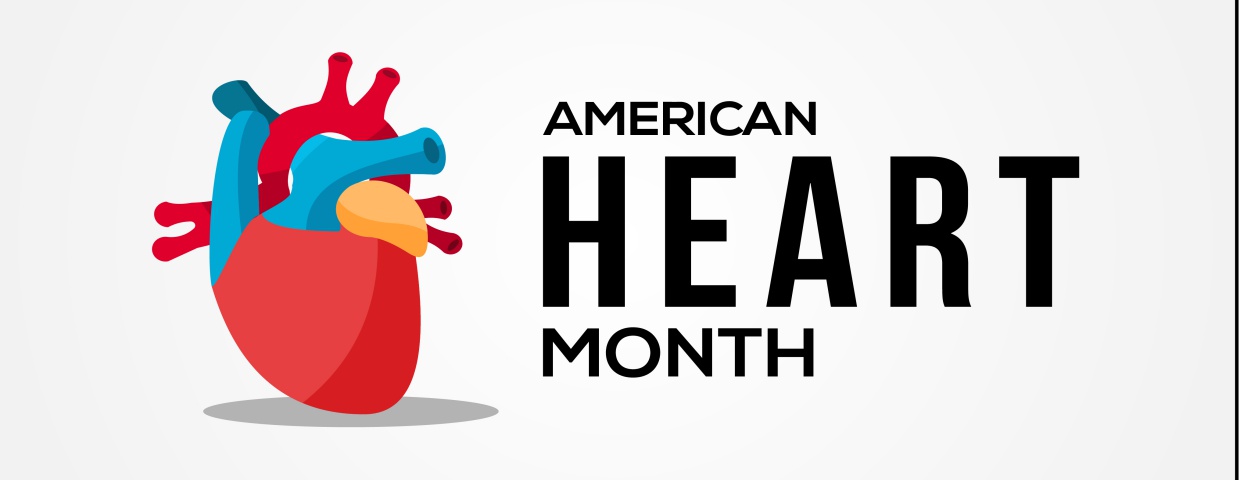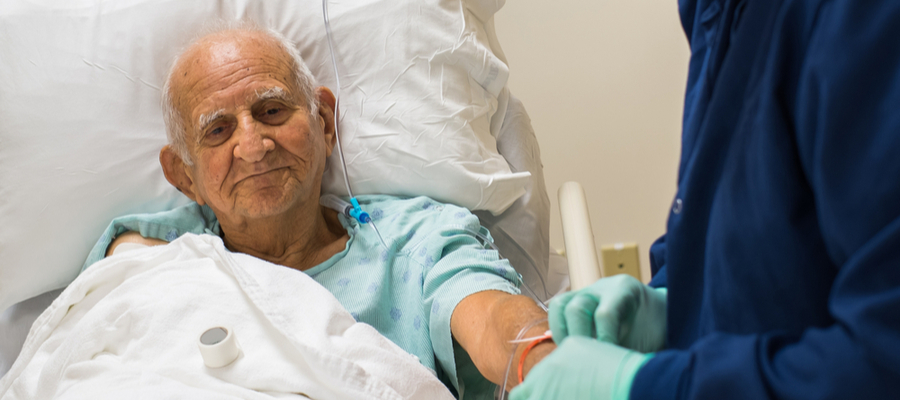Are You at Risk of Cardiovascular Disease?
The significant risk factors for cardiovascular disease include high blood pressure, tobacco use, and obesity, putting nearly half of Americans at risk. Are you or a family member at risk? Here's a look.
High blood pressure
New guidelines issued by the American College of Cardiology and the American Heart Association mean you could be at risk of high blood pressure. Before November 2017, the standard for high blood pressure was a reading of 140/90 or higher. The updated standard defines 130/80 as a cause for concern, making even more Americans at risk for cardiovascular disease.
Tobacco use
Smoking is known to be a leading cause of cardiovascular disease. Nicotine use causes high blood pressure, elevated heart rates, and narrowing arteries. E-cigarette use is also considered a risk factor.










